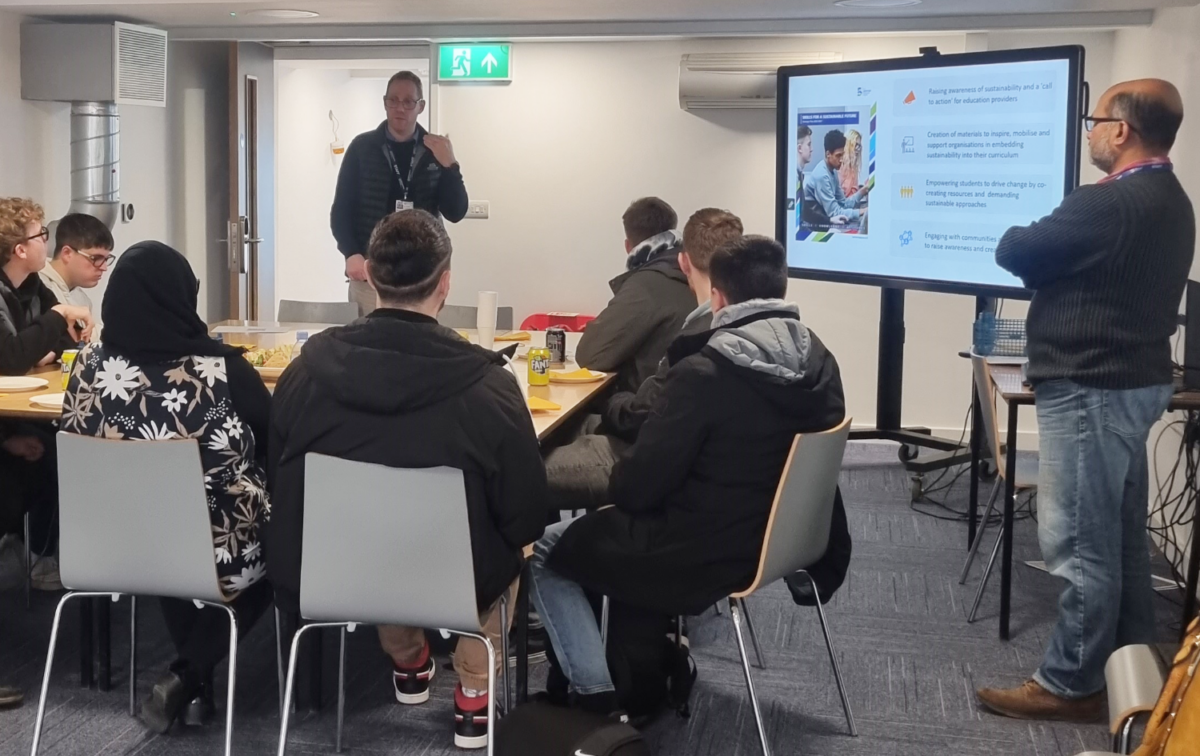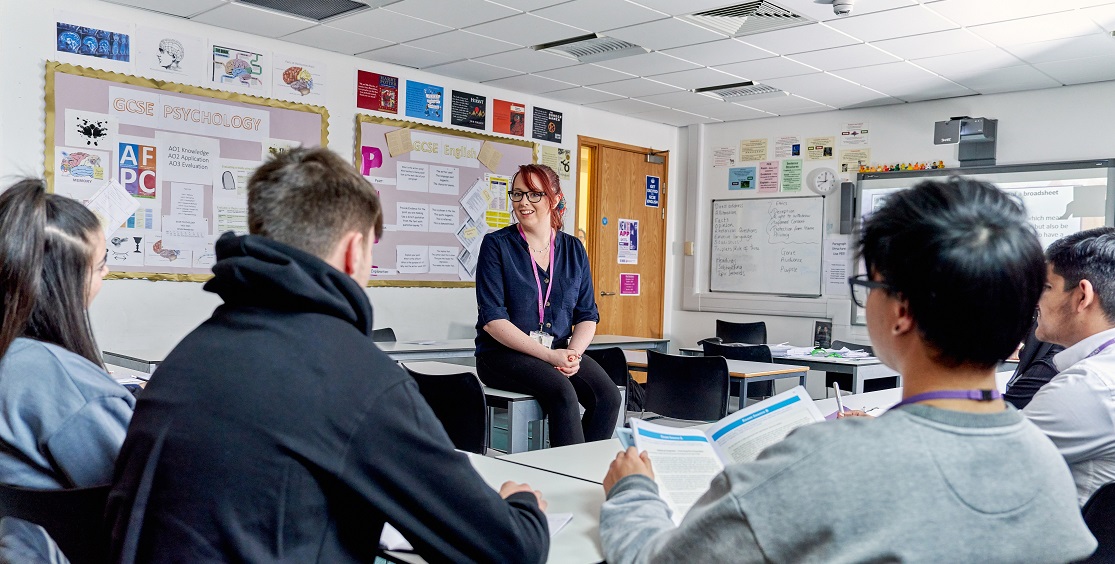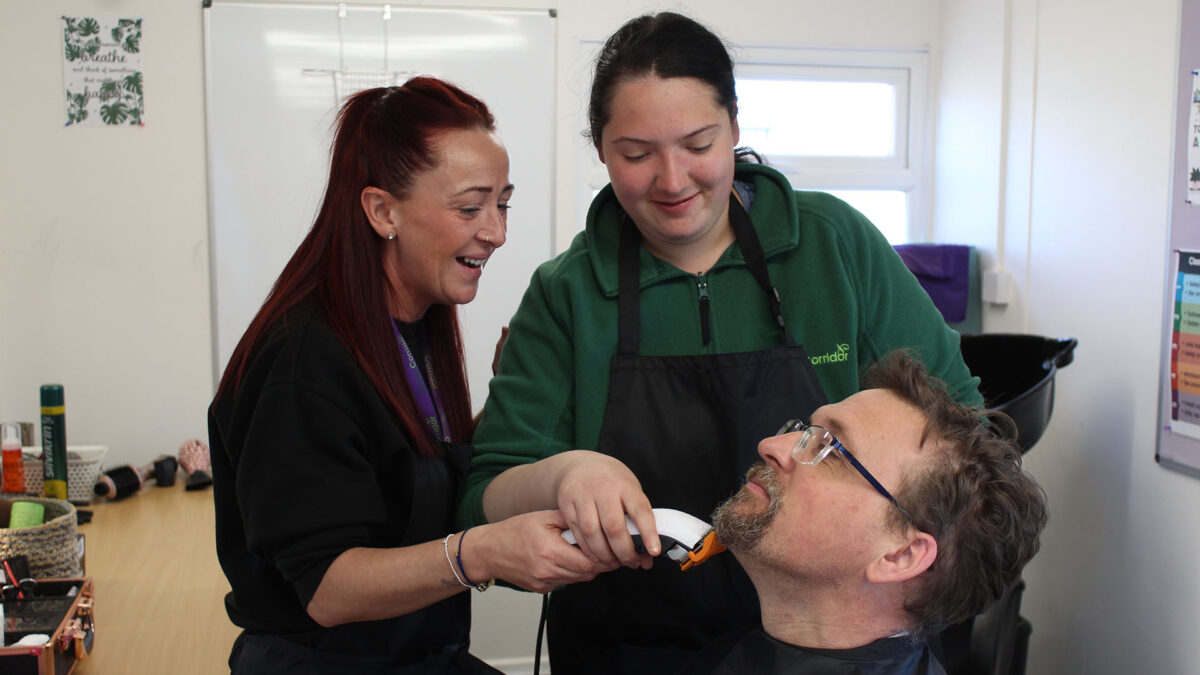Exploring Alternative Paths: Beyond University

Gen Z are witnessing an era of diverse opportunities that go beyond traditional academic degrees. These include courses, apprenticeships, gap years, entry-level jobs, and internships.
In the quest for higher education, it’s essential to recognise that university is not the only pathway to success. Gen Z are witnessing an era of diverse opportunities that go beyond traditional academic degrees. This blog post aims to shed light on various alternative routes, including courses, apprenticeships, gap years, entry-level jobs, and internships. Each option offers distinct advantages, enabling young individuals to explore their passions, gain practical skills, and pave their own unique path to success.
1. Courses: Expanding Knowledge and Skill Sets
A course is a structured program of study that focuses on a specific subject or skill set. Courses can be offered in various formats, including in-person classes, online modules, or a combination of both. They are designed to provide individuals with knowledge, practical skills, and industry-specific training to enhance their understanding and competence in a particular field.
For young people entering the world of work, courses can be highly beneficial in several ways; including: skill development, practical application, networking opportunities, career advancement and so much more.
2. Apprenticeships: Learning While Earning
Apprenticeships provide a valuable alternative for individuals who prefer a more hands-on approach to learning. They combine practical training with theoretical instruction and are offered across a wide range of industries. Apprenticeships allow participants to work alongside experienced professionals, gaining real-world experience and earning a salary simultaneously. These programs provide a structured pathway to employment and offer excellent prospects for long-term career growth.
3. Gap Years: A Time for Personal Growth and Exploration
Taking a gap year, either before or after university, can be a transformative experience. It offers an opportunity to step away from the traditional academic path and engage in meaningful activities such as travel, volunteering, or pursuing personal interests. Gap years provide a chance to gain valuable life skills, broaden perspectives, and cultivate a sense of independence before committing to further education or employment.
4. Entry-Level Jobs: Building Practical Experience
Entering the job market directly after completing school or college can be a viable alternative to pursuing a university degree. Entry-level jobs provide practical experience, allowing individuals to learn on the job and develop essential skills. These positions serve as a foundation for future career growth and often provide opportunities for progression within organisations. Many employers prioritise skills and experience over formal education, making entry-level jobs a valuable pathway to success.
5. Internships: Bridging the Gap between Education and Employment
Internships provide a hands-on, experiential learning opportunity within a specific industry or organisation. They allow individuals to apply their theoretical knowledge in real-world settings, gaining practical skills and industry insights. Internships often serve as a stepping stone to future employment, providing networking opportunities, references, and a competitive edge in the job market.
Where can you find opportunities to apply for?
Not Going To Uni is a website dedicated to showcasing alternative pathways for individuals who are considering options other than traditional university education. We provide comprehensive information, guidance, and opportunities related to apprenticeships, internships, gap years, entry-level jobs, courses and more. With a focus on promoting alternative routes to success, the website features apprenticeship vacancies, job listings, advice and guidance resources, success stories, and industry news, empowering young individuals to make informed decisions and pursue their desired careers without attending university.
As Gen Z embraces the concept of non-traditional education pathways, it’s crucial to consider the alternatives to university. Young individuals have a multitude of options to explore and pursue their passions. By evaluating personal goals, interests, and learning preferences, individuals can make informed decisions about the path they choose to embark upon. Remember, success is not limited to a single route; it can be achieved through a diverse range of experiences and opportunities.
By Laura Dunne, Head of Marketing at Not Going To Uni and Co-Founder of Levelling Up Group











Responses